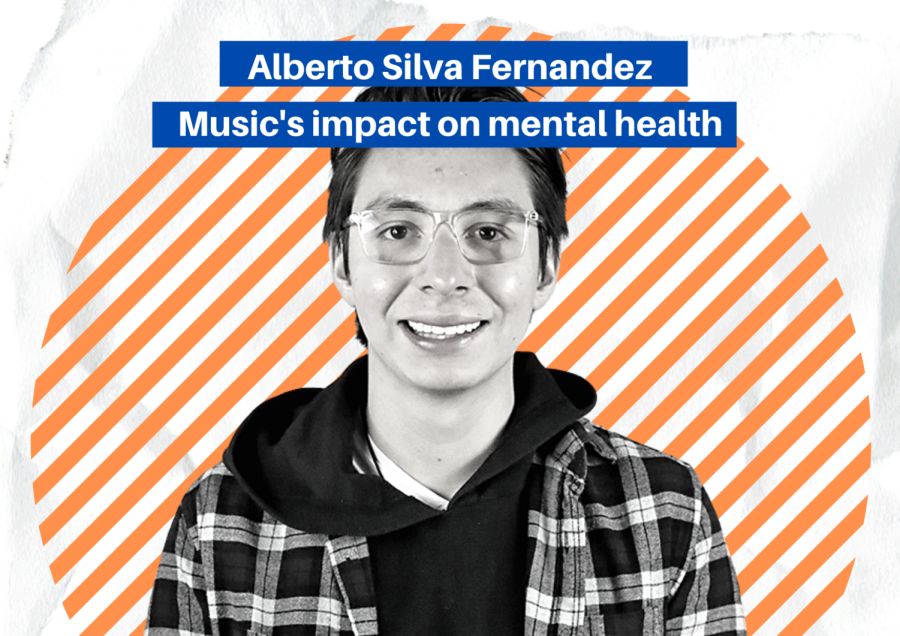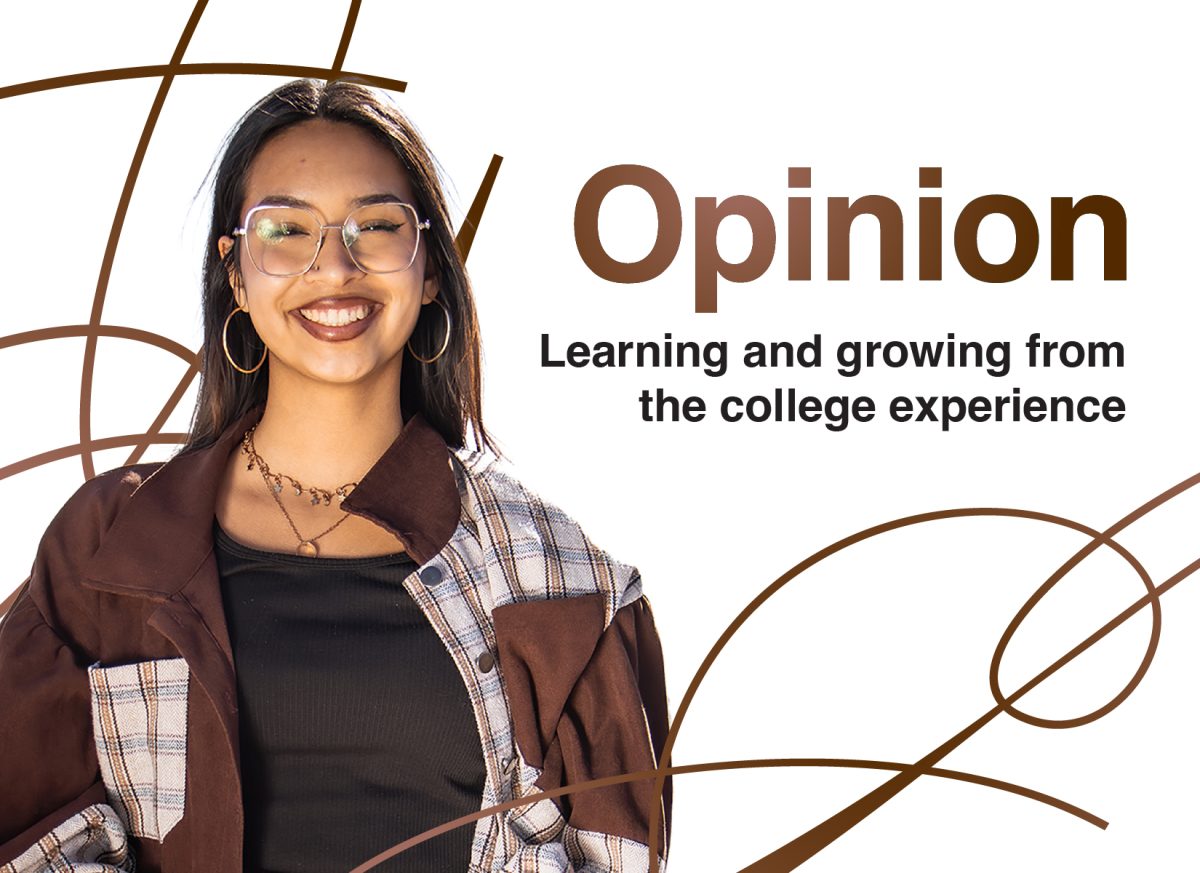Music is everywhere, thanks to smartphones and free music streaming apps like Spotify, people have access to a wide variety of music at their fingertips. Today, you cannot walk ten feet on campus without seeing someone with their headphones in, as they listen to music during their downtime or as motivation for an assignment.
For someone who grew up surrounded by music, from contemporary to the songs on today’s radio, I have always thought about the impact music has on my life and other music lovers alike.
Growing up, I would listen to a variety of artists, from Chayanne to Guns n’ Roses. While at the time I may have not appreciated it, music quickly became a form of self-expression and a source of help for my mental health.
I have always believed one’s music choice reflects someone’s feelings at a particular time in life. For me it was the self-reflective album of Mac Miller “Swimming,” where I learned that instead of drowning in my sorrows I can learn to swim in them, and keep my head above water and make the most out of a bad situation.
“Music therapy for depression” by Christian Gold, Xu Wang, and Mike Crawford, is a scholarly article that explains music therapy can help improve moods and lower symptoms of depression.
“Four of the five studies individually reported greater reduction in symptoms of depression among those randomized to music therapy than to those in standard care conditions,” the article stated.
During the early COVID-19 pandemic, like others, I turned to music to help ease the overwhelming amount of anxiety I was dealing with. Music has always helped me connect with others who share the same set of emotions.
Music has become my main source of self-expression as I struggle to express my own feelings and thoughts into words. Listening to how an artist is able to transmit a specific feeling with a couple of notes into their specific rhythm, is such a beautiful feeling.
Music, just like any form of art, is subjective and may be enjoyed in all different forms, but I have always found that listening to music can be therapeutic by taking a little bit of time out of my day.
I encourage everyone who enjoys music to always make time for it, whether it’s listening or creating music. It can serve as a form of stress reliever or simply help guide the emotions we are feeling. The creative practice will continue to evolve with time and I hope we continue to make music that describes what we often cannot.
Alberto Silva Fernandez is the editor in chief and may be reached at [email protected]; @albert.sf08 on Instagram; @albertosilva_f on twitter











